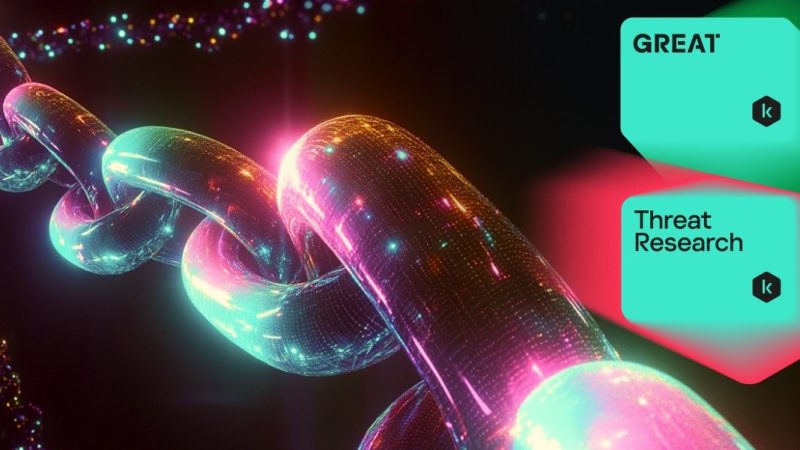Publications
Reports
HoneyMyte updates CoolClient and deploys multiple stealers in recent campaigns
Kaspersky researchers analyze updated CoolClient backdoor and new tools and scripts used in HoneyMyte (aka Mustang Panda or Bronze President) APT campaigns, including three variants of a browser data stealer.
The HoneyMyte APT evolves with a kernel-mode rootkit and a ToneShell backdoor
Kaspersky discloses a 2025 HoneyMyte (aka Mustang Panda or Bronze President) APT campaign, which uses a kernel-mode rootkit to deliver and protect a ToneShell backdoor.
Evasive Panda APT poisons DNS requests to deliver MgBot
Kaspersky GReAT experts analyze the Evasive Panda APT’s infection chain, including shellcode encrypted with DPAPI and RC5, as well as the MgBot implant.
Cloud Atlas activity in the first half of 2025: what changed
Kaspersky expert describes new malicious tools employed by the Cloud Atlas APT, including implants of their signature backdoors VBShower, VBCloud, PowerShower, and CloudAtlas.




